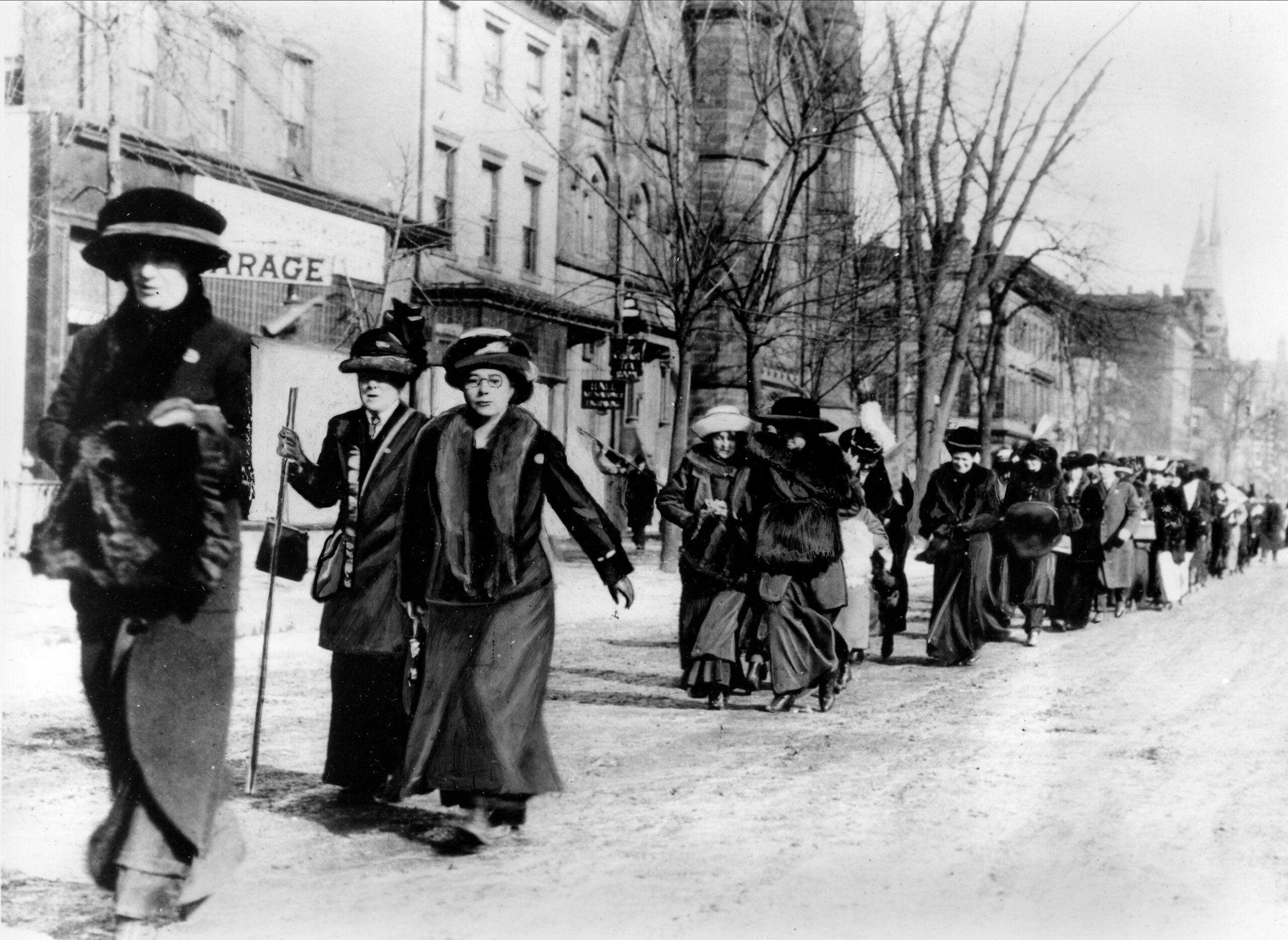The 1918 flu pandemic put a halt on the marches, rallies and parades of the Women’s Suffrage Movement. We learn how a public health emergency affected the politics of the early 20th century. Then, we discuss the long term economic, health and education disparities women may face in a pandemic.
Featured in this Show
-
The 1918 Flu And The Women's Suffrage Movement
In 1918 the Women’s Suffrage Movement was gaining momentum in America. It had just received the support of the president when a flu pandemic hit. We learn how women’s contributions to the both public health emergency and WWI hindered and advanced the passage of the 19th Amendment.
-
International Public Health Crisis Can Compound Gender Inequities
Women make up 70 percent of the global health workforce and just 20 percent of the World Health Organization COVID-19 emergency response committee. We examine the significance of representation in international public health policy and the long term economic impacts pandemics have on women.
Episode Credits
- Kealey Bultena Host
- Jana Rose Schleis Producer
- Lee Rayburn Technical Director
- Elaine Weiss Guest
- Rosemary Morgan Guest
Wisconsin Public Radio, © Copyright 2024, Board of Regents of the University of Wisconsin System and Wisconsin Educational Communications Board.

